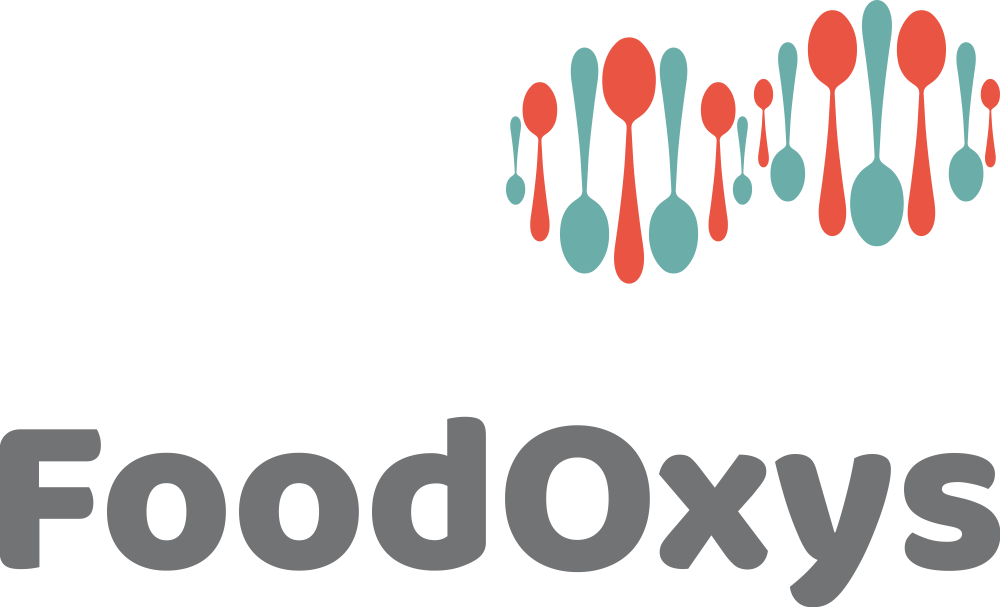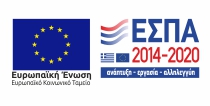Science
Free radicals
Free radicals are highly reactive atoms or molecules. They are produced naturally in human body during metabolism. Specific critical concentrations of free radicals are necessary for the proper functioning of the organism, as they participate in the protection against pathogenic microorganisms and in the regulation of specific genes. However, their high levels can cause severe damage to biomolecules such as lipids, proteins, and DNA. The prolonged presence of high levels of free radicals has been observed in various pathological conditions.
Antioxidants
Antioxidants are substances that prevent, delay or repair cell damage. Their main role is to neutralize the excess of free radicals, protect cells from their harmful effects, and prevent from various pathological conditions. The human body has developed a series of highly effective antioxidant mechanisms, such as reduced glutathione, the most abundant and powerful antioxidant molecule. Of course, in addition to endogenous antioxidants, humans consume a wide variety of exogenous antioxidants through diet, such as vitamins, trace elements, polyphenols, and carotenoids.
Oxidative stress
Under normal conditions, the balance between the production of free radicals and the activity of antioxidant mechanisms is slightly shifted towards the production of free radicals to ensure the control of the physiological functions in which they participate. However, in cases of severe disproportion to the detriment of antioxidants, a condition known as oxidative stress is induced. Oxidative stress is associated with disturbances in cell signaling and causing severe molecular damage. The presence of oxidative stress has been associated with cardiovascular and respiratory diseases, neurodegenerative diseases, metabolic diseases, and various forms of cancer.
Metabolic health
Disorders of metabolic health are one of the main causes of non-communicable diseases. Metabolic health is closely related to the proper functioning of complex metabolic processes of the human body. Achieving and maintaining optimal metabolic health depends on genetic and environmental factors, including genetic background, diet, and exercise. Scientific literature indicates that genetic background contributes approximately 15-20%, while the remaining percentage results from a balanced diet, properly structured fasting, and exercise, highlighting their pivotal role in achieving optimal metabolic health.
Intermittent fasting and antioxidant defence
The FoodOxys scientific team in collaboration with Buchinger Wilhelmi, one of the leading therapeutic fasting clinics worldwide, conducted studies to investigate the beneficial effect of fasting on human body. After fasting for 10 days, participants showed an improved antioxidant profile and decreased levels of markers of oxidative stress. Also, the fasting protocol improved clinical parameters such as physical and emotional well-being, led to a reduction in body weight, waist circumference, systolic and diastolic blood pressure, glucose, triglycerides and cholesterol. Finally, long-term fasting was found to alter the expression levels of molecules associated with inflammation, liver dysfunction, and aging.
View our studies:
Nutrigenomics
Nutrigenomics is a scientific field that seeks to understand how each individual metabolizes and processes various nutrients based on their unique genetic makeup. It explores the relationship between specific genetic variations and how they affect processes such as nutrient absorption, metabolism, and overall health.
By understanding your genetic profile, nutrigenetics enables personalized dietary recommendations aimed at optimizing health and preventing diseases such as obesity, diabetes, and cardiovascular conditions. For example, certain genetic variants may influence how your body processes fats, sugars, or vitamins. Integrating nutrigenomic insights can lead to more effective, individualized nutrition strategies that promote long-term well-being.
Research and Development Projects
ONCODIR – Evidence-based Participatory Decision Making for Cancer Prevention through Implementation Research
Colorectal cancer (CRC) is one of the most common types of cancer, and its increased incidence can be attributed to harmful habits that negatively affect health, especially in populations with lower socioeconomic status. Based on specific risk factors associated with colorectal cancer, ONCODIR integrates interdisciplinary research methods from public health policy analysis, social and behavioral sciences, multi-omics technologies powered by artificial intelligence, retrospective data analysis, and decision-support theories. The aim is to deliver scientifically validated cancer prevention programs and innovative AI-based personalized prevention approaches.
ONCODIR acknowledges that the evaluation of prevention programs must consider cost-benefit parameters and the factor of affordability. From this perspective, it will also explore cost balancing and aim to develop funding mechanisms that lead to improved colorectal cancer prevention programs. The technological ecosystem developed by ONCODIR is based on strong principles of trustworthy artificial intelligence and personal data protection. It aims to develop recommendation services defined by citizens, public health policymakers, and experts from the social and human sciences during three design thinking workshops. Research in the social and human sciences will examine aspects such as living conditions, dietary and social habits, in combination with economics, sociology, local/regional cultural identity, and ethics. The outcomes of ONCODIR will be validated through three Laboratory Intervention Trials (LITs) and three Local Implementation Pilots (LIPs) in five EU member states, with the active participation of medical scientists, healthcare providers, institutions, and consortium experts. The ONCODIR consortium is coordinated by the Centre for Research and Technology Hellas (CERTH) and consists of 27 partners from multidisciplinary fields, including research, technology, and social and human sciences, with a proven track record of high-quality research. The carefully structured 42-month work program adopts a holistic approach to achieving ONCODIR’s goals and delivering tangible results that support policymaking with significant potential for exploitation. The project is part of the EU Cancer Mission research cluster under the theme “Prevention and Early Detection.”
Role of FoodOxys: Partner
Funding Body: European Commission
Funding Program: HORIZON-MISS-2022-CANCER-01
See more about the project:
Website: https://www.oncodir.eu/
Social Media

